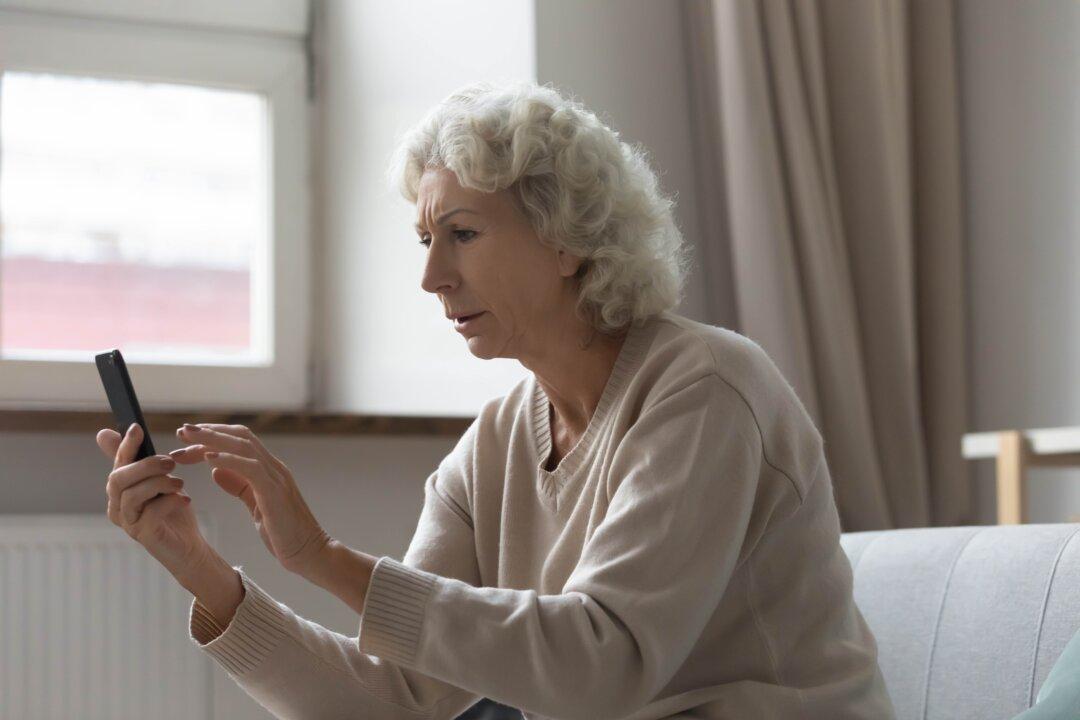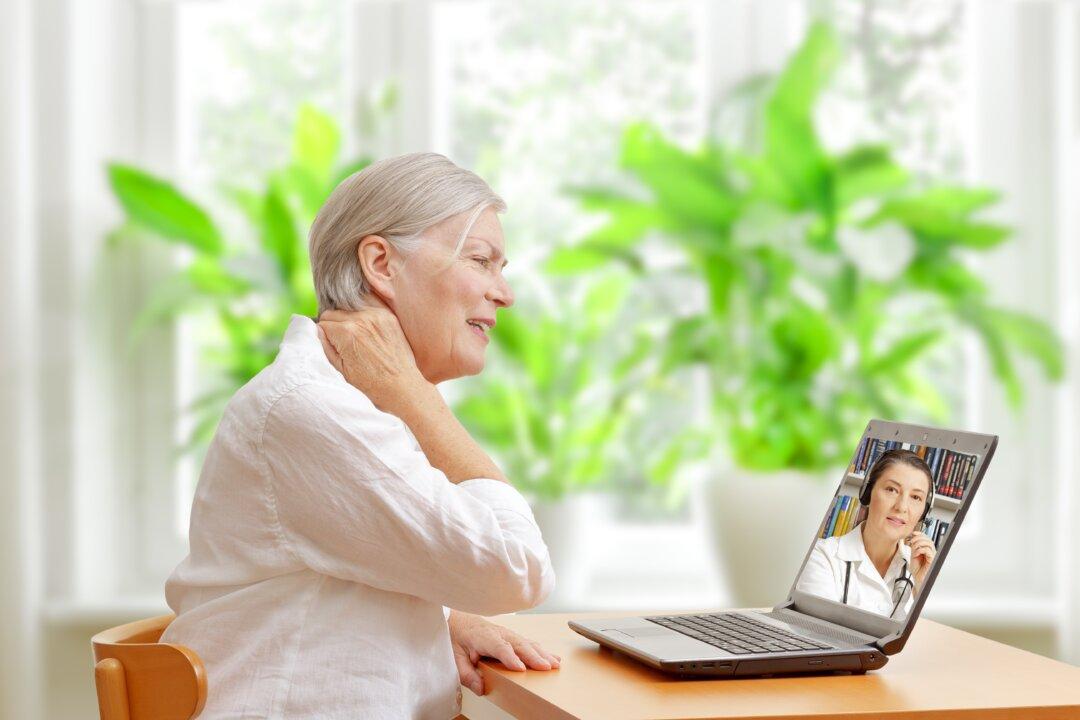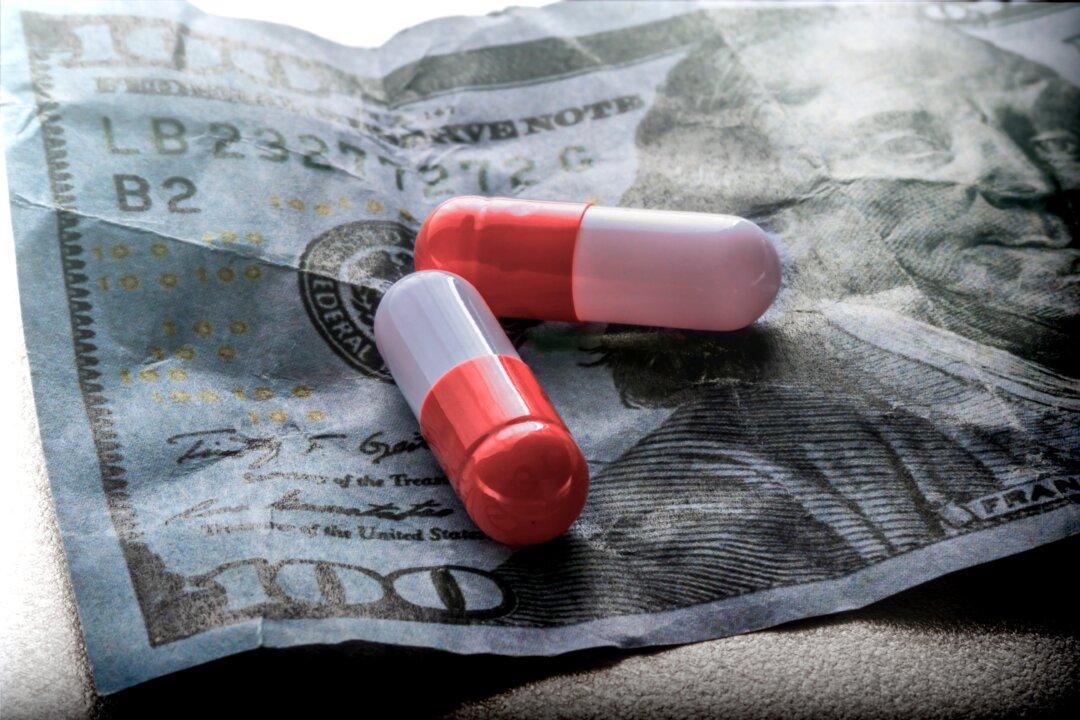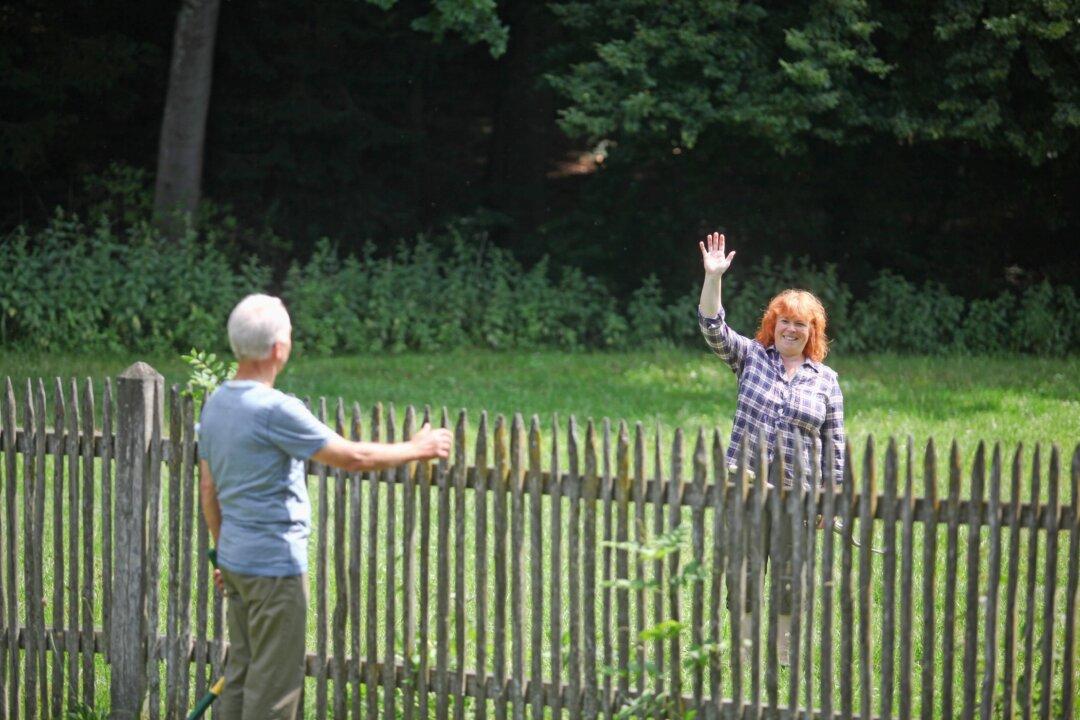State officials and federal agencies warn there’s a new phone scam circulating: Some callers posing as COVID-19 contact tracers try to pry credit card or bank account information from unsuspecting victims.
The grifters apparently are taking advantage of a genuine public health intervention intended to stop the spread of the novel coronavirus: contact tracing.





